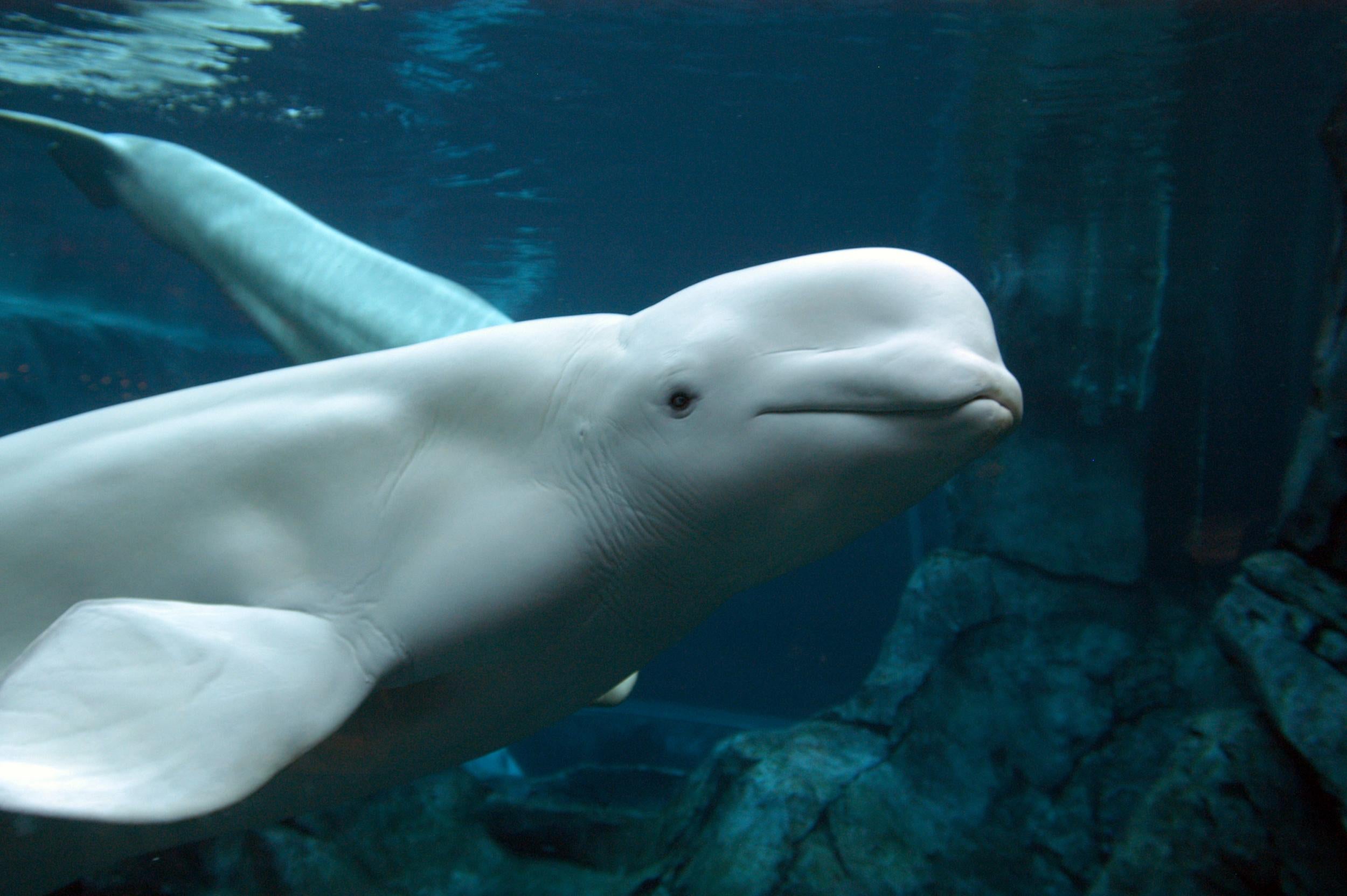Environmental groups sue to halt Alaska oil drilling after Beluga whale numbers plummet from 1,300 to 279
It comes after the Trump administration revised environmental rules clearing the way for new mining, oil and gas drilling across the country

Your support helps us to tell the story
From reproductive rights to climate change to Big Tech, The Independent is on the ground when the story is developing. Whether it's investigating the financials of Elon Musk's pro-Trump PAC or producing our latest documentary, 'The A Word', which shines a light on the American women fighting for reproductive rights, we know how important it is to parse out the facts from the messaging.
At such a critical moment in US history, we need reporters on the ground. Your donation allows us to keep sending journalists to speak to both sides of the story.
The Independent is trusted by Americans across the entire political spectrum. And unlike many other quality news outlets, we choose not to lock Americans out of our reporting and analysis with paywalls. We believe quality journalism should be available to everyone, paid for by those who can afford it.
Your support makes all the difference.Environmental groups are suing a US government agency over concerns that oil exploration in Alaska could kill off endangered Beluga whales.
They want to force the National Oceanic and Atmospheric Administration (NOAA) to void a permit allowing exploration in waters used by the whales in the Cook Inlet.
It comes after a new population report showed that the whales are fewer in number and declining faster than previously thought.
The new estimate says just 279 beluga whales are left in the Cook Inlet, down from 1,300 in 1979.
The decline amounts to around 2.3 per cent over the past decade, “daunting” numbers which need to trigger immediate action to stop exploration planned by Hilcorp Energy Company, according to the Center for Biological Diversity.
The group’s attorney, Julie Teel Simmonds, said there’s a duty to reconsider and ‘analyse if there's new information that's significant and indicates that the activities that they authorised would cause harm’. The community non-profit organisation Cook Inletkeeper is also suing the NOAA.
The situation has emerged as a result of August’s loosening of environmental restrictions by the Trump administration.
The revised rules clear the way for new mining, oil and gas drilling, according to environmental campaigners, as well as development in areas where protected species live.
The Cook Inlet stretches almost 200 miles from Anchorage to the Gulf of Alaska, and supplies energy for the south-central area of the state.
Beluga whales swim off the Anchorage waters and eat salmon and other fish, but their existence is made precarious by their proximity to Alaska's industrial activities in Cook Inlet.
While the Cook Inlet region is Alaska’s oldest oil-producing basin, it’s not just oil exploration that threatens the Beluga whale; heavy ship traffic, industrial noise, pollution and climate change are all concerns.
Agencies contributed to this report
Join our commenting forum
Join thought-provoking conversations, follow other Independent readers and see their replies
Comments